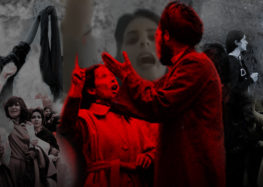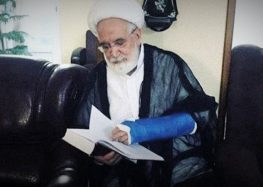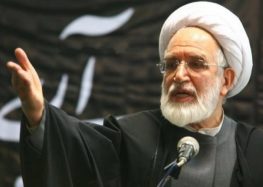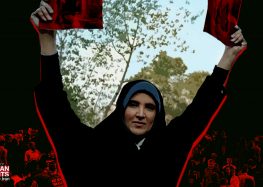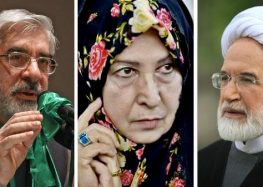Six Years Into Extrajudicial House Arrest, Mehdi Karroubi Repeats Request for First Trial
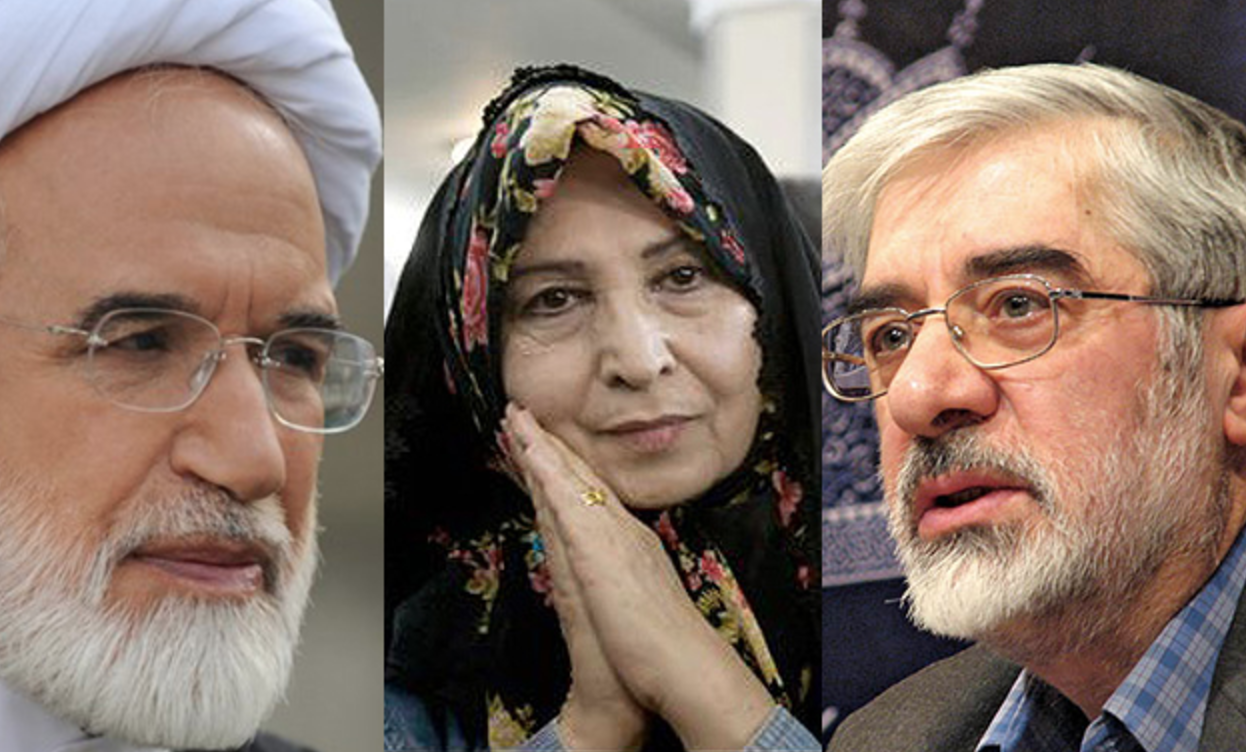
The Judiciary should carry out its latest “promise—or threat” to put former presidential candidate Mehdi Karroubi, who has been under extrajudicial house arrest since 2011, on trial, said his son Mohammad Taghi Karroubi.
“I think my father has always wisely welcomed a trial because he wants history to record the fact that the leaders of the Green Movement were not afraid of being tried,” said Mohammad Taghi Karroubi in an interview with the International Campaign for Human Rights in Iran on December 8, 2016. “He has no fear of going to trial… as the Persian saying goes, ‘let their shame be exposed.’”
On December 7 Mohammad Taghi Karroubi passionately responded in a public online Facebook post to Judiciary Spokesman Gholamhossein Mohseni Ejei’s suggestion that Medhi Karroubi could finally be tried.
“Since the 2009 crisis (election protests), my father has directly and indirectly asked 11 times to be put on trial based on Article 168 of the Constitution,” he wrote. “For the umpteenth time my father asks (Ejei) to definitely act on this promise—or threat.”
“[My father] has always been ready to face trial, but unfortunately the Islamic Republic has preferred to continue its unlawful behavior and [President] Hassan Rouhani’s government has not taken any steps in this regard to carry out its duty in defending the Constitution,” he added.
Mohammad Taghi Karroubi also quoted a message from his father addressing the Judiciary: “Ask the people to pray for [judicial officials] so they could gain the courage to try me in an open court and reveal who committed crimes,” said Mehdi Karroubi. “Was it us with our civil protests? Or was it those who dragged down the country and the revolution for short-sighted gains?”
“These six years under house arrest have brought very serious harm to my father,” Mohammad Taghi Karroubi told the Campaign. “He has undergone six operations. Just a few weeks ago he had spinal disc problems, which fortunately improved after total rest and doctor’s care.”
Conservative MP Urges End to Deadlock
Mehdi Karroubi, former presidential candidate Mir Hossein Mousavi, and Mousavi’s wife Zahra Rahnavard have been forcibly detained under extrajudicial house arrest since 2011 for publicly disputing the results of Iran’s 2009 presidential election and encouraging peaceful protests.
On Iran’s annual Student Day, Ejei said on December 6, 2016 that the Judiciary was prepared to put the three on trial for “crimes” in connection with the Green Movement, which grew out of the widespread, peaceful protests against the results of the election—if the Supreme National Security Council agrees.
“The Council’s order [to put them under house arrest] still stands, but if it decides to change its decision and put the leaders of the sedition on trial, the Judiciary is prepared to do so because we believe they have committed crimes that they should be prosecuted for,” he said.
During a speech at Amir Kabir University on Student Day, Ali Motahhari, the conservative deputy speaker of Parliament, spoke of behind-the-scenes efforts to mediate between the opposition leaders and Supreme Leader Ali Khamenei, who has demanded that they repent before they can be freed..
Motahhari, who has been the most vocal conservative supporter of ending the extrajudicial house arrests, added that despite Khamenei’s wish, members of Parliament have a duty to end the deadlock “in the interest of national solidarity.”
“I believe the house arrests should be resolved as soon as possible,” he said. “We cannot keep on talking about one of society’s main demands.
“One of the obstacles against their freedom has been the insistence of some officials that if they do not apologize and repent, it will damage the state and the supreme leader,” he added. “It isn’t wrong to have an opinion about the 2009 incidents different than those of people in power, but keeping (Mousavi, Rahnavard and Karroubi) under house arrest for six years is neither compatible with the law nor with religious teachings.”
Ending the house arrests was one of Rouhani’s top presidential campaign pledges in 2013, but he has dodged the issue since his election, even though as president he could potentially resolve the situation.
Article 113 of Iran’s Constitution states: “After the office of leadership (supreme leader), the president is the highest official in the country. His is the responsibility for implementing the Constitution and acting as the head of the executive, except in matters directly concerned with (the office of) the leadership.”

